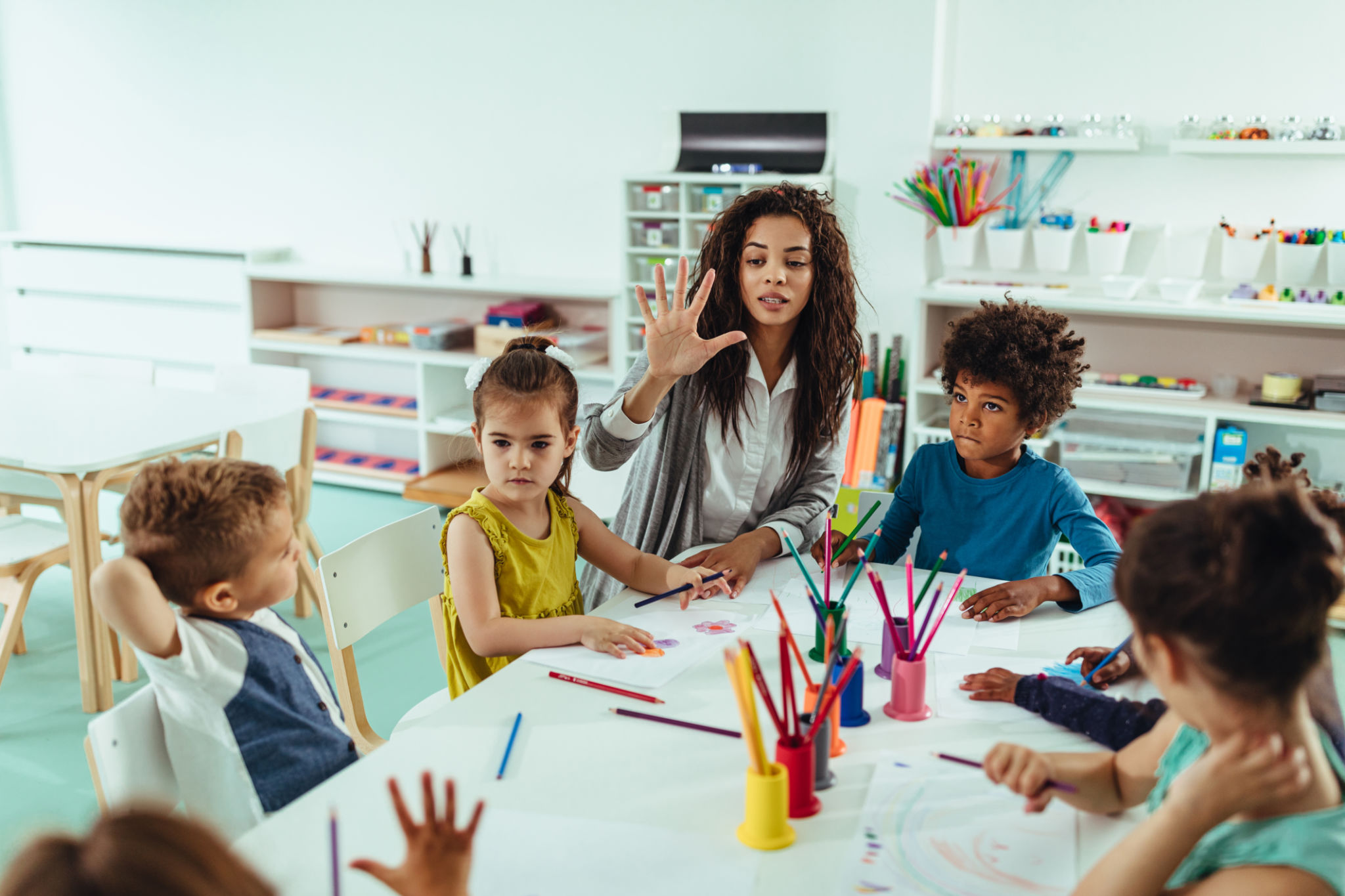The Importance of Play-Based Learning at Imagina Menlo Daycare
IM
Understanding Play-Based Learning
Play-based learning is a crucial element in early childhood education, offering a dynamic and interactive way for children to explore their world. At Imagina Menlo Daycare, we emphasize the importance of play in fostering cognitive, social, and emotional growth. Through play, children learn about themselves and their environment, developing skills that are vital for lifelong success.
The foundation of play-based learning lies in the belief that children learn best when they are actively engaged in experiences that are meaningful to them. This approach respects the natural curiosity and creativity of children, allowing them to explore and discover at their own pace.

The Benefits of Play-Based Learning
Development of Critical Skills
Play-based learning helps children develop a range of critical skills. These include problem-solving, communication, and collaboration. As children engage with their peers in various play activities, they learn to negotiate, share, and work together towards common goals.
Moreover, play encourages language development. Children expand their vocabulary and improve their language skills as they interact with others, narrate their actions, and express their ideas. This rich linguistic environment is essential for developing strong communication skills.
Emotional and Social Growth
Through play, children learn to understand and manage their emotions. They experience joy, frustration, excitement, and disappointment in a safe setting, which helps build resilience and emotional intelligence. Play also fosters empathy as children learn to recognize and respond to the emotions of others.

Implementing Play-Based Learning at Imagina Menlo Daycare
Structured and Unstructured Play
At Imagina Menlo Daycare, we offer a balance of structured and unstructured play. Structured play activities are guided by educators to introduce specific concepts or skills, while unstructured play allows children the freedom to explore their interests spontaneously. This balance supports both guided learning and independent exploration.
Our educators are trained to facilitate play-based learning by creating an environment rich with opportunities for exploration. They provide materials that stimulate creativity and curiosity, such as blocks, art supplies, musical instruments, and nature-based resources.

The Role of Educators in Play-Based Learning
Educators at Imagina Menlo Daycare play a pivotal role in supporting play-based learning. They observe children's play to understand their interests and developmental needs. By doing so, educators can tailor activities that challenge and extend each child's learning.
Additionally, educators model positive social interactions and problem-solving strategies. They guide children in navigating conflicts and encourage them to think critically about how to overcome obstacles during play. This guidance helps children develop confidence in their abilities and fosters a love for learning.
Conclusion: The Lasting Impact of Play-Based Learning
Play-based learning at Imagina Menlo Daycare sets the stage for a lifetime of curiosity and exploration. By prioritizing play, we ensure that children develop the foundational skills necessary for academic success and personal fulfillment. The benefits of this approach extend far beyond the early years, shaping individuals who are capable, empathetic, and innovative thinkers.
Incorporating play into early education is not merely an option but an essential component of nurturing well-rounded individuals. At Imagina Menlo Daycare, we are committed to providing an enriching environment where play is celebrated as the cornerstone of learning.
